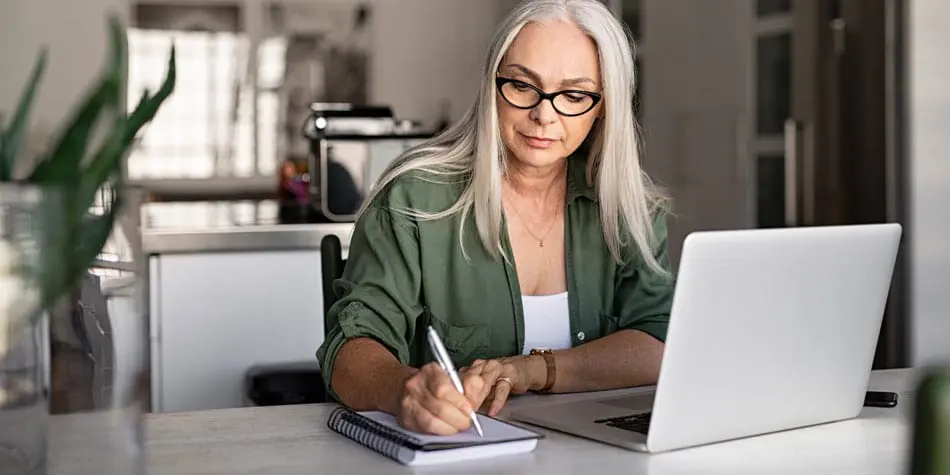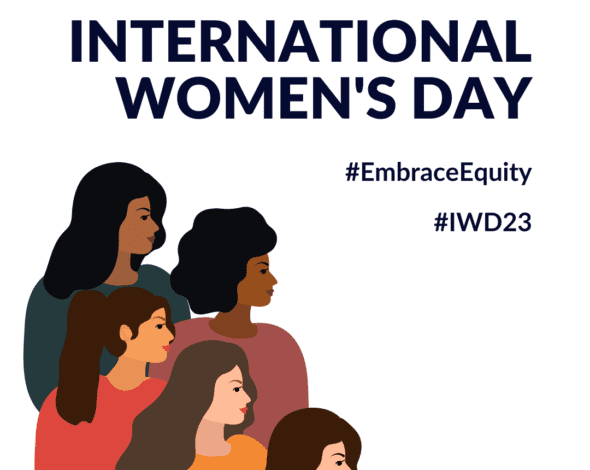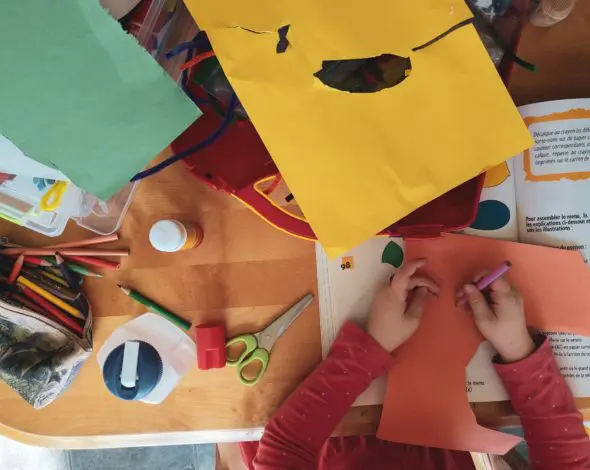The world around us is also adjusting to life in lockdown, with healthy cook along shows and new indoor fitness routines with celebrities helping us keep in-shape, but what about our minds? Keeping your mind healthy can be difficult and discovering what works for you is now more important than ever.
We want to talk about how people’s lives have changed since the UK went into lockdown and share the different ways we’ve all been managing to cope and look after our mental wellbeing.
Today, we hear from Emma, a practicing Approved Mental Health Professional (AMHP), on how her work and home life have changed over the past few weeks.
Emma
I work part-time as an Approved Mental Health Professional (AMHP) covering an area which comprises city, town and rural locations. I also work for S12 Solutions when I’m not ‘AMHPing’.
Ordinarily, I’m part of a small team of AMHPs working in an office together, taking referrals for Mental Health Act Assessments. Since the Coronavirus rules have been implemented, we continue to have statutory duties under the Mental Health Act, but our ways of working have changed and we are trying to minimise the number of people in the office each day whilst continuing to do statutory work.
Working from home has brought some IT challenges and, I hope, some longer-term benefits too. Within the last three weeks, I have had a telephone upgrade from a (very) basic Nokia to a Smartphone and can now access e-mails remotely for the first time! I have also been set up with access from home to both the Council and the Mental Health Trust IT systems (I work for the Council but work most closely, in practice, with MH professionals employed by the NHS). This means that I can, for the first time, fully work from home to take a referral, enter case notes, and write up the required AMHP report afterwards. AMHPs quite often work unsociable hours and the ability to return home to write up a report (and eat!) is something I will very much appreciate in the longer-term.
The team are still completing assessments in people’s homes, A&E and hospital wards, as well as in care homes and other locations; maintaining social distancing measures wherever possible. We have managed to access most items of standard PPE (gloves, aprons, surgical masks and hand sanitiser – we’re waiting on more eye protection). We’ve had some trickier weeks with AMHPs and Doctors self-isolating, which has impacted the service. The Coronavirus Act (2020) includes powers to reduce the number of doctors required for Mental Health Act assessments from two to one, but these powers do not come into effect until they are introduced at a national level before being implemented regionally where necessary and, even then, the AMHP would have to provide a written rationale for not using two doctors each time they did so. My colleagues and I value the input of two separate medical professionals and wouldn’t deviate from this unless absolutely necessary.
Overall, we are noticing a drop in the numbers of referrals for MHA assessments, with numbers far lower than usual so far. I understand that this drop in referrals isn’t reflected nationally, and we can’t be sure of causes. I think it’s really important for us to promote mental health support being high on the agenda, not just in the immediate situation, but in the longer-term, particularly when the current ‘emergency’ situation is considered to have passed.
I can’t write an AMHP blog without mentioning S140 of the Mental Health Act, which is the duty of Clinical Commissioning Groups (CCGs) to make provision for hospital admission of patients. AMHPs across England will be familiar with the consequences for patients of not having acce ss to mental health beds when they need them (and of the impact on AMHP numbers). I note that recent legal guidance promotes local systems to ensure s140 agreements in relation to bed availability are in place and updated in light of COVID-19. My experience thus far, has been that with reduced community support available, it can be difficult to find a less restrictive alternative to hospital admission. Please take note mental health commissioners!
We’ve managed to gain a warrant remotely for the first time to access someone in their home who was very unwell. The process for this was fairly smooth and felt robust, given the seriousness of the decisions being made; the usual documentation was e-mailed to the Court and the AMHP spoke with the Magistrate by telephone to discuss the request. We also then managed to facilitate the assessment happening, with all those required to be involved which is a logistical challenge
We also had an AMHP asked by an admitting ward to take the temperature of someone being assessed in their own home. As a non-medic, without access to a thermometer and in the midst of a very difficult situation, I think procedures for triaging symptoms of coronavirus might need to be given more thought!
I have been fortunate in some ways that my partner has been furloughed and has been able to take on the primary parental role with our eight-year old daughter, whilst I am working. As all home-working parents will have experienced, this is not an easy balance. It is also very strange not having my colleagues around to talk things through with, when responding to complex and risky situations, but we have adapted somewhat by using e-mail, phone and messaging.
In my non-AMHP time, I have been volunteering to complete tasks for individuals who are shielding, via a project set up between the Council, it’s providers and voluntary organisations. This is such a fantastic collaboration, and I think it’s likely to continue in some form in the long-term. I hope that there are things we can all gain, personally, professionally and practically from this time.
Emma’s tips on staying happy in lockdown
1. Sleep – Tips to getting a good night sleep include making sure you get some fresh air, exercising when possible, keeping your mind active during the day and establishing a positive routine and sleeping pattern. For more tips on getting to sleep in lockdown visit: https://www.bbc.co.uk/news/newsbeat-5231164
2. Taking a break from the news – The news can be a bit overwhelming at the moment. NHS Every Mind Matters encourages people to set themselves a specific time to read updates or limit yourself to checking a couple of times a day to prevent feelings of anxiety and worry
3. Staying connected – Everyone is alone together, so reach out to friends, family and colleagues as often as you can
We want to hear your lockdown story click here to send us an email.









